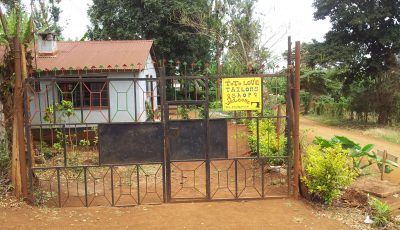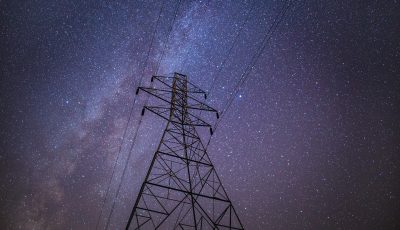Demand for small-scale renewable energy products among low-income consumers around the world is growing but many of these potential customers are unable to pay upfront for the appliances they desire. Microfinance can address that issue. This is particularly interesting for clean energy technologies where the monthly savings on fuels, exceed the monthly loan payments. There are many appliances where low-income households can save on their monthly expenses right from the beginning.
MicroEnergy Credits is partnering with two financial institutions. The first, Equity Bank, is a large commercial bank in East Africa that provides loans and other financial products to about 9.5 million low-income and middle and high income customers in the region. The second, Juhudi Kilimo, is an asset financing financial service provider who focuses on rural farmers. In addition to lending for farm assets they offer consumer loan products designed for purchasing personal clean energy technologies.
Kenya represents the most developed financial services market in East Africa, with the highest rate of market penetration of financial products and services. The industry has grown significantly over the last 10 years, both in terms of the gross loan portfolio disbursed and the number of active borrowers served. Similarly, the diversity of financial products and services available to low-income people is notable. Mobile banking and digital financial services are most developed in Kenya and complimentary regulatory policies related to deposit collection, branchless banking and agent banking have helped the industry grow rapidly in the last decade.
MicroEnergy Credits has succesfully married microfinance for clean energy consumer appliances with carbon offsetting in Mongolia and India. In Kenya they have established a patnership with the largest bank, providing access to a large customer base. The client is considering purchasing the carbon credits from this programme, not to offset emissions but as a results-based payment. The financing would accellerate the dissemination of clean energy technologies in Kenya.

Climate Focus contracted Shifting Paradigms to lead the due diligence on the MircoEnergy Credits programme in Kenya. The focus of the analysis was on the sales forecasts of renewable energy applications, related emission reduction estimates, and the cooperation between MEC, the banks and the technology suppliers. For the suppliers of the clean cookstoves and solar lanterns the agent network of the banks was an attractive structure to access clients, where the microfinance loans would make their product affordable. As part of the due diligence we build a flexible model which forecasted the delivery of carbon credits in different scenarios.
Client: Undisclosed
Partners: Climate Focus, COWI, GRID Impact
2015



